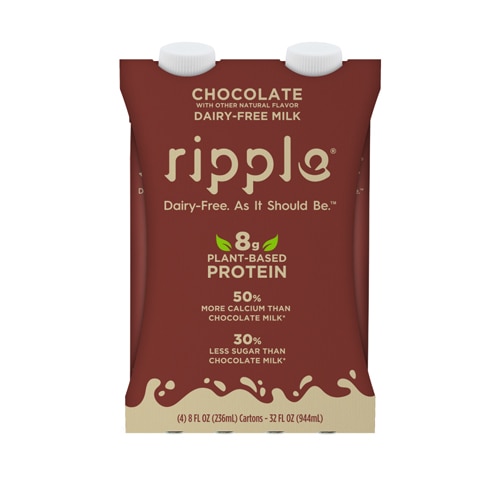The meat industry is being tenderized, if you will, by health and environmental advocates.
A 2017 survey by GlobalMeatNews found that cutbacks in meat consumption had the single biggest effect on the meat industry in 2016.
One initiative that’s grilling the meat industry in that regard is Meatless Monday. This campaign encourages meatless meals on Mondays at restaurants, schools, workplaces and hospitals, and even in entire communities. It’s a simple way to curtail meat consumption without going whole hog.
Becoming a vegetarian or so-called “reducetarian” by dropping meat from your diet just one day a week can lead to significant health benefits. For example, studies show that replacing as little as 3 percent of your meat calories with plant calories is linked to a 10 percent decrease in your risk of heart disease and diabetes, according to the John Hopkins Center for a Livable Future.
Plus, a once-a-week meatless diet helps save the environment. Embracing a meat-free diet or Meatless Monday attitude leads to reductions in carbon emissions, fossil fuel consumption and water usage. (As you might expect, some folks in the meat industry believe Meatless Monday is a sham.)
Here are four ways you can encourage others to get aboard the Meatless Monday train.
1. Urge restaurants to adopt meatless meals.
You, as a consumer, have a lot of power. So, if you regularly patronize a restaurant that doesn’t have Meatless Monday in place, ask the owner or manager to consider it.
As the Meatless Monday campaign points out, promoting Meatless Monday doesn’t mean banishing meat from the menu. It merely means highlighting meatless meals and items already on the menu, or creating new ones just for Meatless Monday.
And this need not be confined to locally owned restaurants. Chain restaurants are open to the Meatless Monday concept, as well. For instance, quick-service chain TGI Fridays recently joined the Meatless Monday movement after adding a vegan burger to its menu.
A 2017 survey for The Monday Campaigns, the organization behind Meatless Monday, showed 29 percent of the people questioned would like to see Meatless Monday at fast-food or quick-service restaurants, with 27 percent favoring it at traditional sit-down restaurants.
2. Savor meat-free diet foods.
Matt Ball, a spokesman for The Good Food Institute, a nonprofit that promotes plant-based meat, dairy and egg substitutes, says he thinks the most important factor in spreading the word about Meatless Monday is sampling new meatless products that are on the market — and persuading others to do so.
“Don’t buy the old stereotypes of what meatless eating is like,” Ball says.
Ball says he’s encountered many people who balked at giving up meat, only to find that they were “utterly shocked and amazed” by how much they liked meatless products such as Beyond Burger (served by TGI Fridays) and Gardein’s Chick’n Tenders.
“If people were to try some of these products, Meatless Monday would be a day to look forward to, not a day of giving up,” he says. “For many, if not most people, trying the new plant-based meats will be an absolute revelation.”
Bell also suggests sifting through the growing number of meat-free, plant-based recipes available online.
3. Tell the world.
Some of your friends, relatives and colleagues might not be aware of Meatless Monday. So, why not educate them about the benefits of a meat-free diet?
You can achieve that through one-on-one conversations or social media posts. Who wouldn’t want to gaze at a drool-worthy Instagram photo of your Meatless Monday meal?
“Highlight your support of Meatless Monday along with the health and environmental benefits of reducing meat consumption. Feature delicious, easy-to-make Meatless Monday recipes each week and ask your followers to share and submit their own,” the Meatless Monday campaign advises.
If you do share a Meatless Monday post on Instagram or another social media platform, be sure to include the #meatlessmonday hashtag.
4. Rally your community.
Meatless Monday says the key to the growth of this movement has been community advocates like students, moms and politicians.
Places like Aspen, Colorado; Raleigh-Durham, North Carolina; and Los Angeles have undertaken efforts to educate local residents about Meatless Monday. Get organized if your community hasn’t latched onto Meatless Monday, and ask politicians, business executives and other local leaders to get behind the cause.
One way communities have supported Meatless Monday is through passage of government resolutions. The Los Angeles City Council adopted a Meatless Monday resolution in 2012.
“When dealing with issues as big as global warming, or even as personal as battling diabetes or obesity, it’s easy to feel helpless, like there’s little we can do to make a difference,” said Ed Reyes, who co-authored the L.A. resolution as a member of the City Council. “But the small changes we make every day can have a tremendous impact. … Together we can better our health, the animals and the environment, one plate at a time.”




